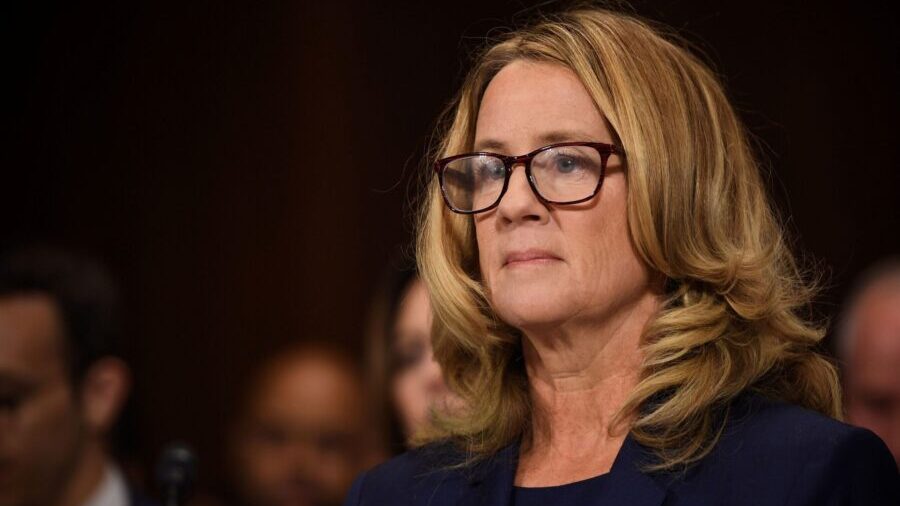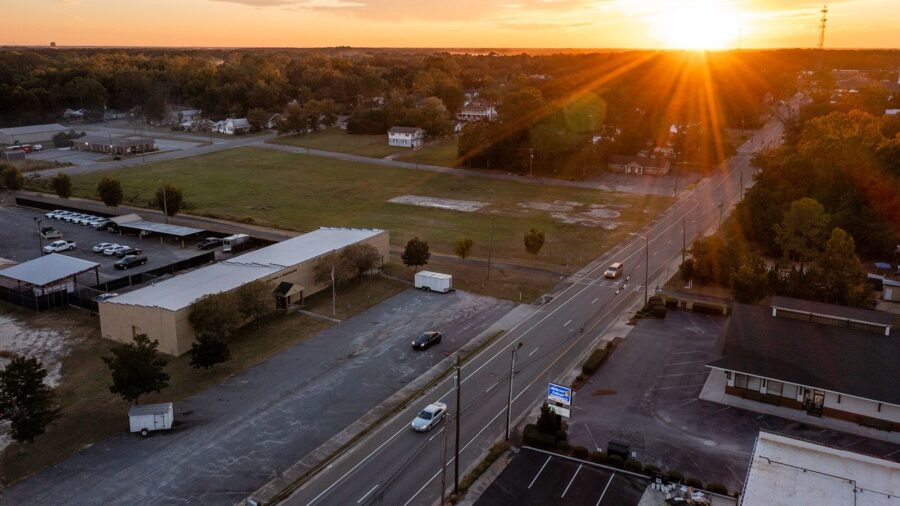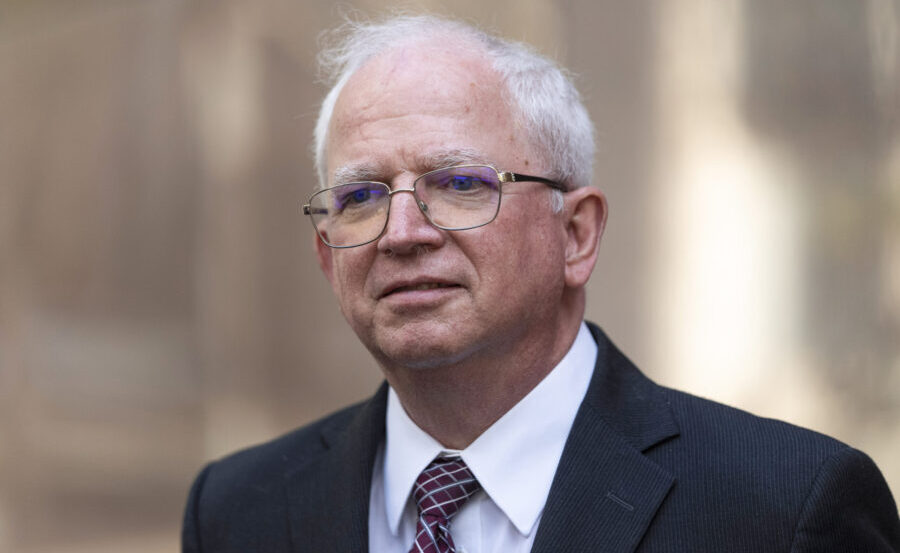Kavanaugh accuser Christine Blasey Ford discusses consequences of testimony in rare interview
Mar 16, 2024, 8:12 PM

Christine Blasey Ford testifies in front of the US Senate Judiciary Committee confirmation hearing on Capitol Hill in Washington, DC, U.S., in September 2018. (Saul Loeb, Pool/Reuters via CNN Newsource)
(Saul Loeb, Pool/Reuters via CNN Newsource)
(CNN) — Christine Blasey Ford, the psychology professor who accused Supreme Court Justice Brett Kavanaugh of sexual assault, used a rare interview to detail the trauma she faced after her explosive allegations thrust her into a charged confirmation battle for one of the nation’s most powerful positions.
Speaking on ”CBS Sunday Morning”, Ford described how she wasn’t prepared for the backlash her 2018 testimony would inspire and suggested she might not have come forward if she had realized how that experience would affect her and her family.
“I like to use the word ‘idealistic,’ but maybe I was naïve for sure about the consequences and how bad it would be after I testified,” Ford said, according to an excerpt of the interview posted online. “In a way that was actually good – that I didn’t really know how it would play out later. Because if I had known, I don’t think I would have jumped off the diving board.”
Ford, who has written a memoir about her experiences that will publish on Tuesday, emerged as a central figure in the confirmation of former President Donald Trump’s second Supreme Court nominee after she alleged Kavanaugh assaulted her during a party they attended in 1982, when they were in high school.
Kavanaugh has vehemently denied the allegations.
In the book, “One Way Back,” Ford reflects on her decision to come forward and details the impact of Kavanaugh’s bitter confirmation process.
Ford writes that people ask her whether she thinks she “ruined” Kavanaugh’s life even though he ultimately was confirmed.
“My response to questions like that is usually, ‘I think it was probably hard on everyone’s family.’ Because that’s what I still feel bad about.”
Kavanaugh was narrowly confirmed and has since become a key voice on the Supreme Court – a sometimes-harbinger of which way its conservative 6-3 supermajority is leaning on controversial issues like abortion, guns and affirmative action.
Ford, until now, has remained mostly out of view. In the aftermath of the emotional Senate hearing at which she detailed her allegations, Ford said she had to repeatedly move her family and also hire private security in response to threats she received.
“I wish I’d known there would not be a gradual step into the public eye, one that I could navigate on my own terms,” she writes in the book. “I had lived a relatively quiet life as a mom, professor, and surfer. Quite literally overnight, I became a headline news item. With little preparation, my name would be forever encompassed by one image – me in a navy-blue suit I would never normally wear, being sworn in to solemnly tell the truth.”
Ford writes that she never felt the media coverage or books by others about her decision to raise the allegations captured her reasons for coming forward.
“That’s a large part of the reason I’m dredging all of this up again, hard as it has been,” she writes. “It’s up to me to get my story down the right way.”













